Religious minorities are often neglected in the agendas and programs of presidential candidates.
Masoud Pezeshkian emphasized last week the need for minority representation in the government and greater attention to their rights.
However, at a women's conference supporting him, he admitted he could not perform miracles and urged people to work together to solve problems.
Among the various minority groups in Iran, Christian converts face more repression than other officially recognized minorities.
Besides being non-Muslim, they face life threats due to their conversion, primarily from Islam to Christianity, regarded as "apostasy."
Mansour Borji, a Christian convert, highlighted that many presidential candidates have historically participated in suppressing protesters and dissidents and legitimizing government repression.
He said that "the IRGC Intelligence Organization, the Ministry of Intelligence, and the Judiciary are primarily responsible for suppressing religious minorities and Christian converts."
"Among the presidential candidates, Mostafa Pourmohammadi stands out as a significant suppressor, having been involved in the 'Death Committee' of 1989 and holding various judicial and security roles since then," he said.
Massoud Pezeshkian has made some statements supporting religious and ethnic minorities, saying, "When Turk, Kurd, Baluch, and Talash individuals are deprived of their proper status due to religious discrimination, I am deeply affected."
However, Borji noted that Pezeshkian's statements fit within the framework of Islamic unity and do not address the rights of religious minorities explicitly.
The Iranian Constitution and other laws recognize Zoroastrian, Christian, and Jewish minorities as official, while other beliefs and religions are not acknowledged, their rights unconsidered, and unmentioned in official speeches.
Given these limitations, what kind of president can effectively advocate for the rights of unrecognized minorities?
Borji argues that, ideally, a candidate should explicitly commit to equal rights for all citizens, regardless of gender, ethnicity, religion, or belief.
"This commitment should include a willingness to change discriminatory laws and even amend constitutional principles that underpin discrimination, suppression, and the marginalization of religious minorities," he said.
According to Borji, such changes contradict the foundations of the Islamic Republic of Iran, making them nearly impossible to achieve.
Keyvan Hor, a Zoroastrian journalist and social activist, told IranWire, "The government's approach towards official minorities has been more about control than outright repression.
"However, the treatment of informal minorities, such as Baha'is, is different. They are allowed to operate but only within strict guidelines that align with the system's vision."
Hor explains that the discrimination and control of minority communities in Iran are systemic issues that the president has no authority to change.
Another layer of discrimination against official minorities stems from Sharia law, which is immutable and thus very difficult, if not impossible, to change.
Hor suggests that the future president of Iran could at least work to remove religious associations from the control of the Ministry of Interior, as the threat of disqualification and oversight by this ministry has caused many minority members to stay out of public life.
The Seventh Development Plan Bill, introduced in the fall of 2023, outlines Iran's development goals from 2023 to 2027 and is the only area where all presidential candidates appear committed to implementation.
However, this bill contains several provisions that limit equal opportunities for Iranian citizens, increase government surveillance, and worsen living conditions, especially for minorities.
Although the bill does not explicitly mention followers of certain religions, its decisions can impact the economic and housing conditions in rural areas and seaports, where many minorities reside.
One significant restriction is the requirement for citizens to authenticate their identity to access administrative, commercial, and official services.
This means all citizens must register their details in government systems, like the health system, to receive services.
This information is then shared across all government agencies.
For minorities like Baha'is and atheists, who are not officially recognized by the Iranian government, this creates significant barriers.
If they declare their true religion, they are effectively denied government services and face pressure and supervision for daily activities such as property confiscation, healthcare, and obtaining work permits.
Additionally, the bill mandates the government to collect extensive data on the daily lives of Iranians through government and possibly non-government agencies, storing this information in a "People's Lifestyle System" to measure religiosity.
Although the term "measuring people's religiosity" was removed from later versions of the bill, the government's history of restricting internet access for women not observing mandatory hijab raises concerns.
The collected data could be used to further restrict the lives of those opposing or not aligning with government principles, putting additional pressure on religious minorities in Iran.
Regardless of who becomes the next head of the executive branch, systemic issues like the suppression of Baha'is and the lack of recognition for their rights to life, education, and livelihood, along with the basic human rights challenges faced by minorities, will not change with a new president or government.
According to Article 13 of Iran's Constitution, only Iranian Zoroastrians, Jews, and Christians are recognized as official minorities and enjoy limited freedoms. Other groups, regardless of their size, lack many rights.







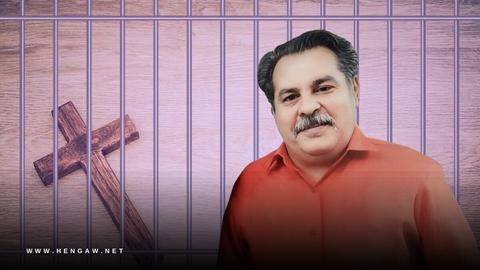

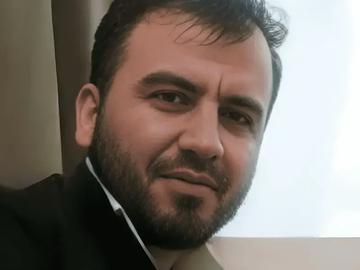





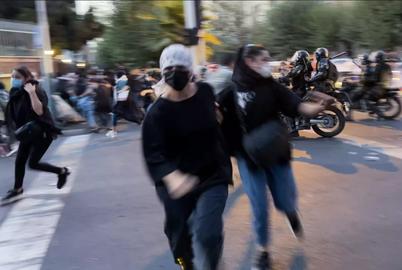
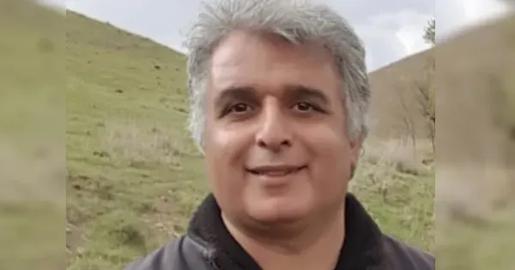


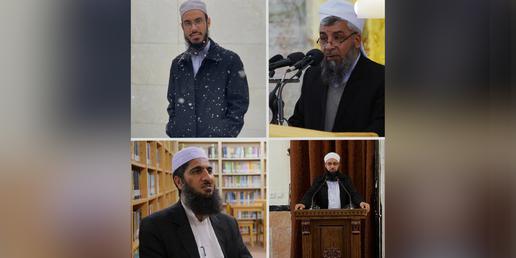
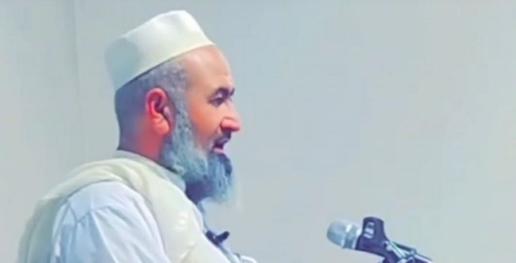



comments